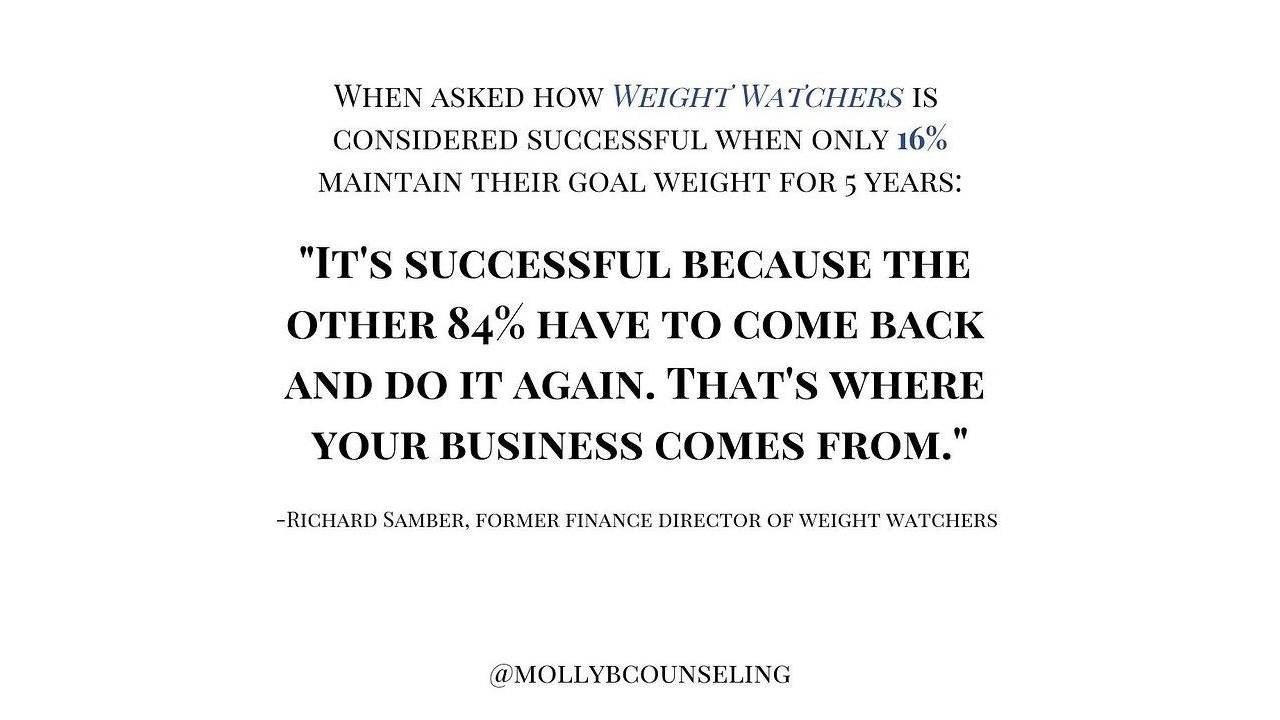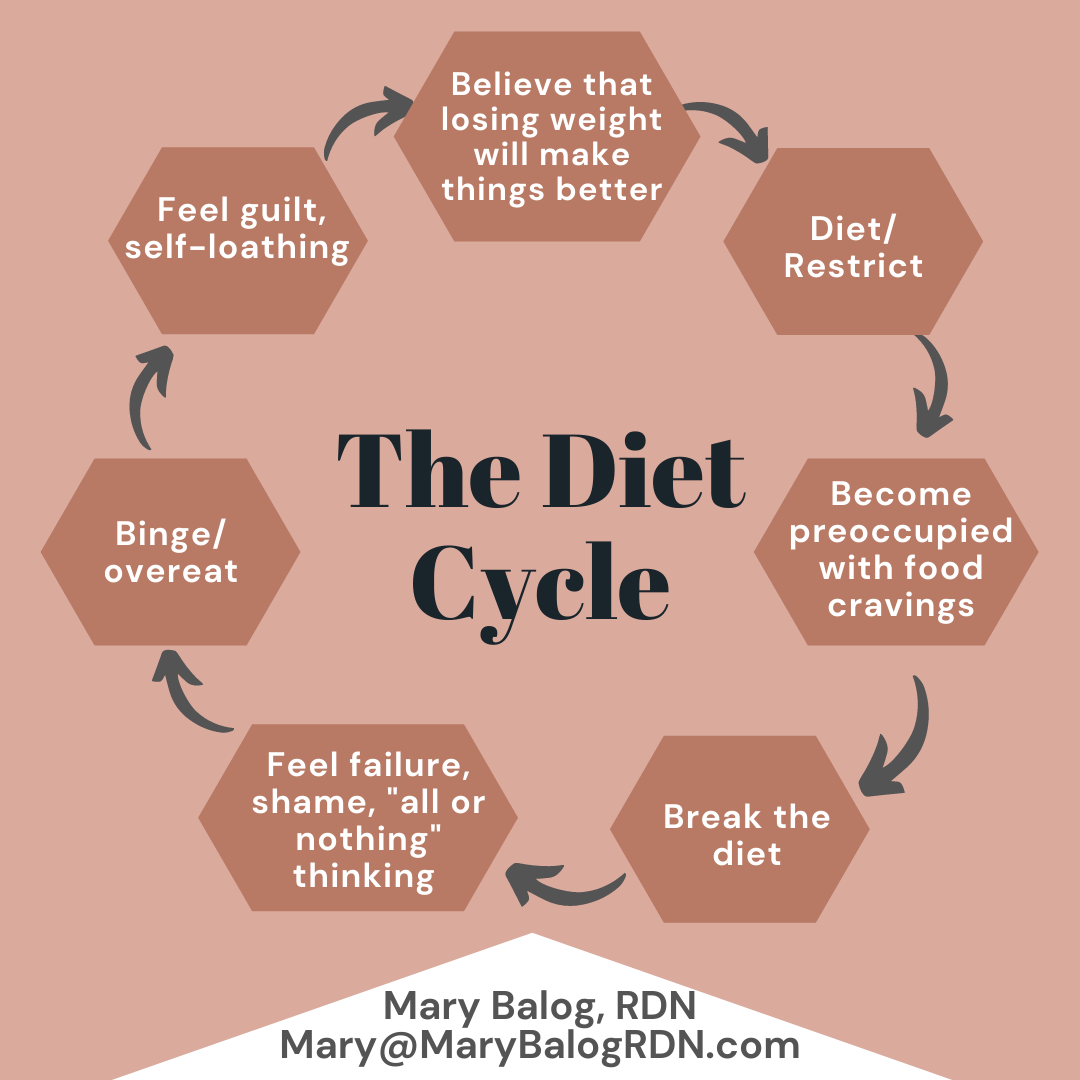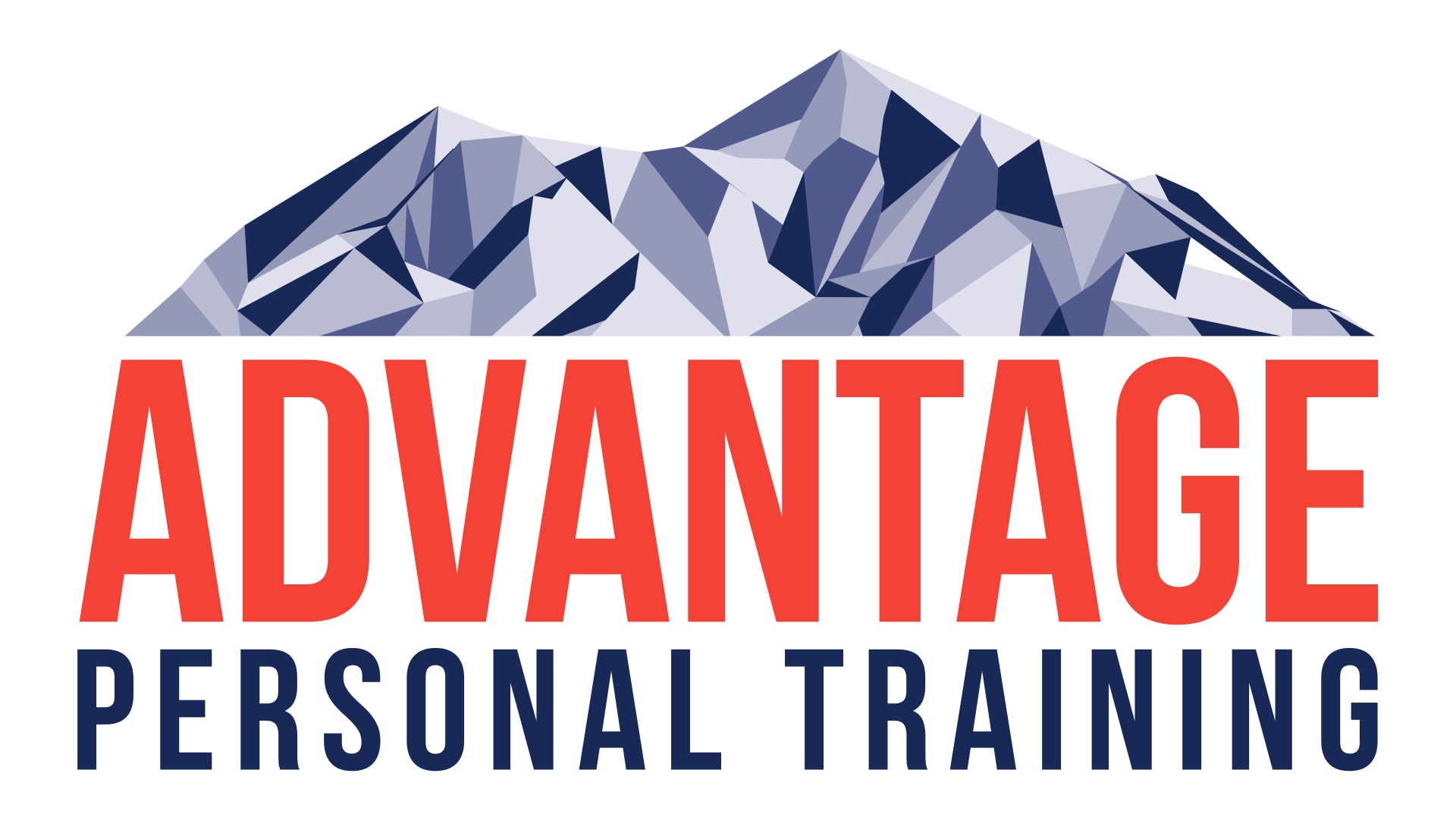Responsible Strength and Conditioning Practices
The need for intelligent, responsible strength and conditioning practices is greater now than ever before. We are seeing a growing trend away from three sport athletes to athletes who play three or even four seasons of one sport every year. The desire for a crack at the major leagues in an athlete’s chosen sport has led to a heightened focus on early sport specialization. Players choosing this route who are not properly trained are at serious risk for overuse injuries, decreased coordination, and mental fatigue or burnout.
On the other end of the spectrum, we have some young athletes who are being plucked from the couch and put into increasingly competitive youth and high school programs, where they are expected to compete with others who are on their sixth consecutive season in that sport. This poses a challenge to any coach or trainer in a team setting because of the discrepancy in ability and conditioning. The bottom line is, not all athletes can be treated the same. An athlete who is just beginning a resistance training program can’t be expected to perform as well as one who has been training for two years. Understanding this idea and a few other guidelines are the main principles that responsible performance enhancement professionals adhere to.
Athletes should be trained to a strong general athletic base before entering intense sport specific training. The whole idea of resistance training for young players is to train them to learn many new movement patterns, strengthen their bodies in all planes of movement, and avoid overuse injuries by offering complimentary exercises. Remember, just because the training isn’t sport specific does not mean it isn’t performance enhancing. The result of the initial stages of training is a stronger, faster, healthier athlete who can attack more specialized training with a solid, well-rounded base to support them.
Injuries are not to be “pushed through.” Feeling a pain other than lactic acid in your muscles is your body’s way of telling you that something is wrong. Trainers should interpret this the same way and reassess your program or technique. Proper corrective measures should be taken to avoid further injury and speed the healing process so you can get back on track as quickly and safely as possible. This is where we deviate from the mentality of other popular fitness programs. While they are saying “get it done,” we are saying “do it right.” Our interest is training athletes to increase performance, and athletes who are on the shelf due to injury do not improve. As an athlete, your body and mind are your most precious commodities, why wouldn’t you want to treat them the best you can.
The importance of a caring, responsible, and intelligent trainer can not be stressed enough. A strength coach is part of a small number of people responsible for nurturing an athletic career, so be sure to choose one you feel represents these qualities.




Advantage Personal Training is an Ann Arbor based Family Oriented Gym, focusing on the training needs of individuals, small groups and youth athletes. Meet with a results-oriented personal trainer and put yourself on the path to a more active life!
SERVICES
CONTACT INFORMATION
Hours of Operation
Mon to Fri: 6:00 AM - 8:30 PM
Sat: 8:30 AM - 12:30 PM
Sun: CLOSED
All Rights Reserved | Advantage Personal Training

